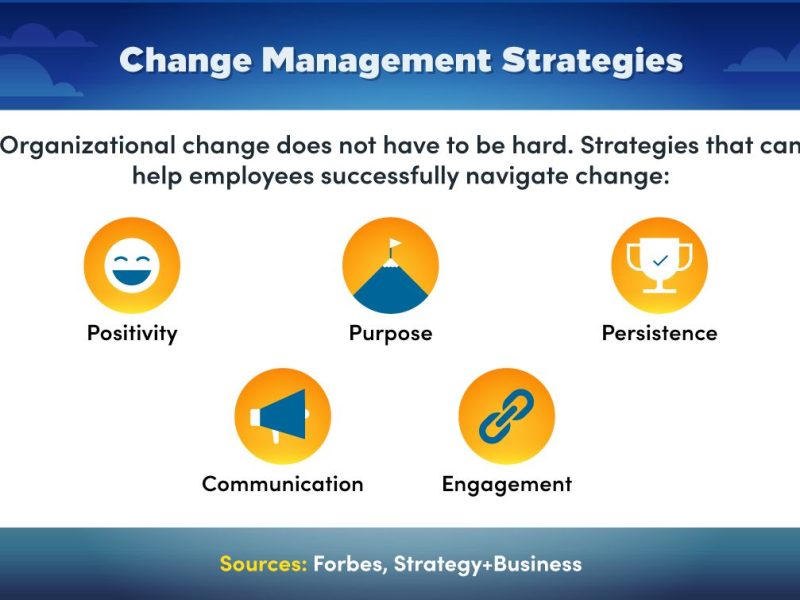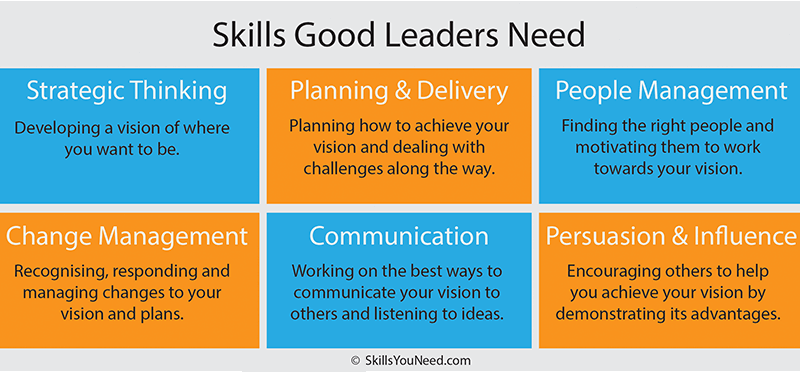Blockchain technology has become a buzzword in the tech industry in recent years. Originally invented to serve as the public transaction ledger for the cryptocurrency Bitcoin, blockchain technology has since evolved into a powerful tool with a wide range of applications in various industries.
What is Blockchain Technology?
At its core, blockchain is a decentralized, distributed ledger that records transactions across a network of computers. Each transaction is stored in a “block,” and these blocks are linked together in a chronological chain, hence the name “blockchain.”
One of the key characteristics of blockchain technology is its security. Each block contains a cryptographic hash of the previous block, making it virtually impossible to alter previous transactions. This makes blockchain technology transparent, secure, and tamper-proof.
Business Applications of Blockchain Technology
1. Supply Chain Management
Blockchain technology can revolutionize supply chain management by providing real-time visibility and transparency into the movement of goods from the manufacturer to the end consumer. By using blockchain technology, companies can track and trace products, verify the authenticity of goods, and ensure compliance with regulations.
2. Financial Services
In the financial services industry, blockchain technology can streamline and automate processes such as payments, trade settlements, and identity verification. Blockchain can also facilitate cross-border payments and reduce the risk of fraud and cyber attacks.
3. Smart Contracts
Smart contracts are self-executing contracts with the terms of the agreement written into code. Blockchain technology can be used to automate the execution of smart contracts, reducing the need for intermediaries and enhancing the efficiency and security of contract execution.
4. Healthcare
In the healthcare industry, blockchain technology can improve data security and interoperability, allowing patients and healthcare providers to securely access and share medical records and sensitive information. Blockchain can also be used to track the authenticity of pharmaceuticals and medical devices.
Challenges and Opportunities
While blockchain technology has great potential, there are challenges that must be overcome for widespread adoption. Scalability, regulatory issues, and interoperability are some of the key challenges facing blockchain technology.
However, there are also opportunities for businesses to leverage blockchain technology to gain a competitive advantage. By implementing blockchain solutions, companies can reduce costs, improve efficiency, and enhance trust and transparency in their business operations.
Conclusion
Blockchain technology is a game-changer with the potential to disrupt traditional business models and transform industries. By understanding the fundamentals of blockchain technology and its business applications, companies can unlock new opportunities for innovation and growth.
As blockchain technology continues to evolve, businesses must stay abreast of the latest developments and explore how they can integrate blockchain solutions into their operations to stay ahead of the curve in the digital age.


